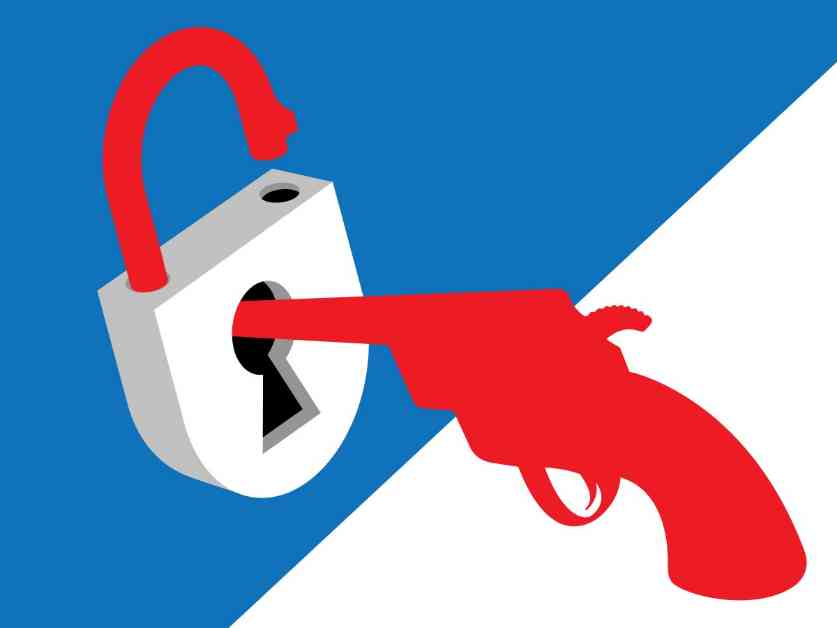The United States has a significant issue with gun violence, with more guns than people in the country. In 2022 alone, over 48,000 people died due to gun-related incidents, highlighting the urgent need for stricter gun policies. While mass shootings garner significant media attention, they only make up a small portion of overall firearm fatalities. The prevalence of guns in the U.S. contributes to the lethality of interpersonal conflicts, making the situation unique to the country.
Research shows that policies play a significant role in shaping gun violence outcomes. If Vice President Kamala Harris were to become the next U.S. president, she is likely to advocate for stricter gun laws and policies aimed at reducing gun violence. On the other hand, former President Donald Trump has a track record of supporting laxer policies, which could potentially worsen gun violence in the country.
Harris has a history of working on gun policy, advocating for stricter restrictions on gun ownership and enforcement of existing regulations. She has supported measures such as universal background checks, better regulation of gun dealer licensing, and bans on assault weapons. During the Biden-Harris administration in 2022, Congress passed significant gun legislation after nearly three decades, including funding mechanisms and policy changes to enhance background checks and keep guns away from domestic violence offenders.
One of the most effective policies to reduce gun deaths, according to research, is an independent licensing process for gun ownership that includes thorough vetting of applicants. Harris also oversees the White House Office of Gun Violence Prevention, which works on policies at the state and local levels. Her approach to gun violence prevention includes community intervention programs and addressing broader socioeconomic factors that contribute to gun violence.
On the other hand, Trump has positioned himself as a supporter of gun owners and the Second Amendment. During his presidency, he loosened restrictions around gun ownership, appointed federal judges with gun-friendly records, and banned bump stocks. However, his administration’s actions have raised concerns about undermining state-level gun regulations and potentially worsening gun violence outcomes.
Trump’s running mate, Senator J.D. Vance, has emphasized the need to “harden” schools and arm teachers as a response to school shootings, despite evidence suggesting these measures may not effectively reduce gun violence. The 2024 Republican platform aims to defend constitutional rights, including the right to bear arms, but lacks specific policies on addressing gun violence.
In conclusion, the upcoming presidential election will have significant implications for gun policies and gun violence outcomes in the U.S. Harris is likely to push for stricter regulations and comprehensive approaches to address gun violence, while a Trump administration may maintain lax policies that could exacerbate the issue. The choice of leadership will play a crucial role in determining the future trajectory of gun policies and gun violence prevention efforts in the country.




